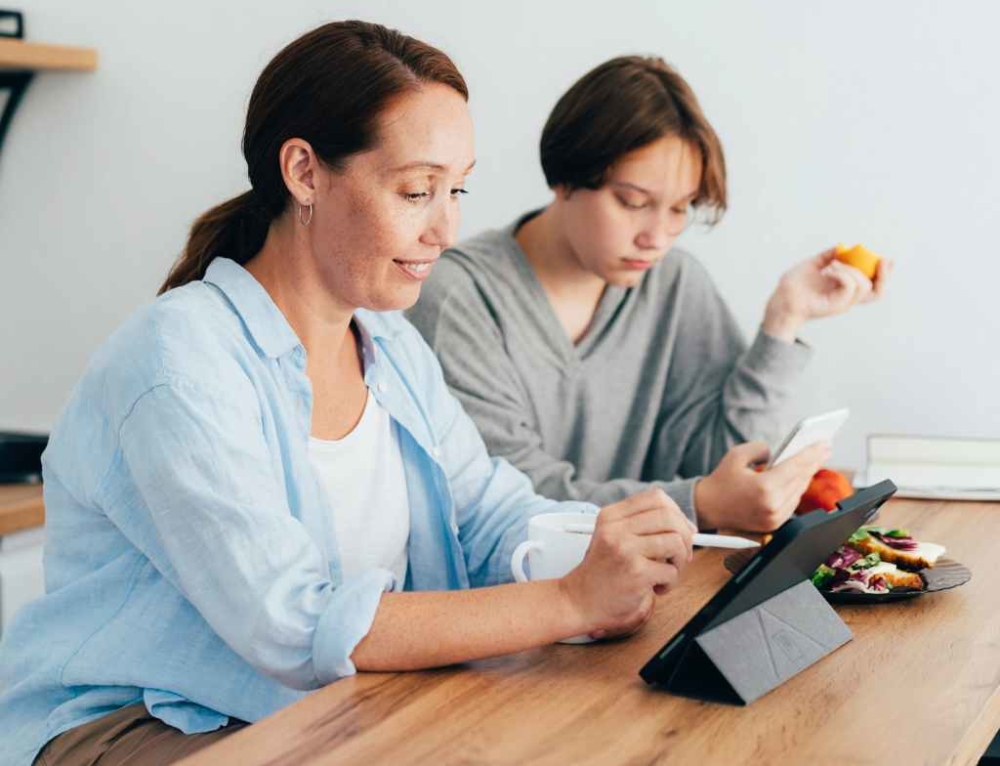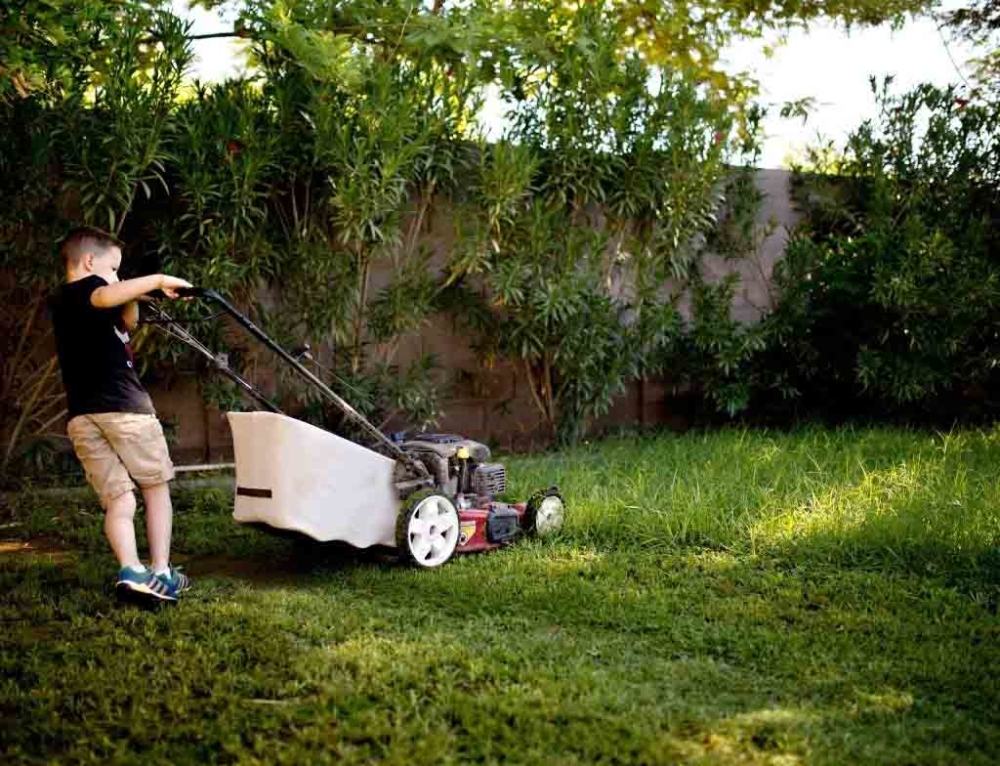There is a strange self-esteem paradox: If you need it (self-esteem), you don’t have it. And if you have it, you don’t need it.
Adolescence is a period of development where self-esteem can take a battering. As physical changes occur, teens become obsessed with body image. As social changes occur, relationships change and not always in ways that make our teenager feel good about himself. As personality develops, questions race around a teenager’s mind as she fights to create her own identity.
Self-esteem only becomes an issue, though, when our adolescent does not feel worthy of esteem and love. Many experts will encourage parents to build their child’s self-esteem by finding ways to praise her when she does something well. Or simply tell him that he’s great!
While positive feedback can be helpful in some circumstances, self-esteem may suffer once the kind words stop. Self-esteem can demand an incessant stream of confirmation of worth from others to stay at a high level.
Research suggests that there are better ways to build self-esteem without actually focusing on self-esteem.
Build better relationships
There is an enormous amount of research showing that when people feel as though their relationships are sound, they feel good about themselves. This is because when our relationships are positive, it indicates that we are worthy of someone else’s esteem and love. We believe that we must be good people if they love us and care for us, and so we feel good about ourselves.
If your child has low self-esteem, one of the first things you might consider to improve his self-esteem is to help him build more positive relationships with you and with his peers.
Most teenagers will resist parents efforts to improve relationships, so you will need to be creative as you work on your relationship with your son or daughter. Encouraging new relationships with friends is also an effective and important way to increase your child’s sense of worth without directly dealing with ‘self-esteem’.
Develop competence and effectiveness
One of the problems with the ‘self-esteem movement’ that was particularly popular in the 1980s and 1990s was that parents were encouraged to tell their kids how great they were, regardless of what they did! This was a problem because kids saw through the phony praise. Regardless of how much we mean it when we tell our children they’re amazing, they won’t buy it unless they are doing something amazing. Therefore, if we want our children to develop a sense of confidence and esteem, we should give them opportunities to develop competence at something.
If your child has low self-esteem, a second thing you might consider (aside from building better relationships) is to have her participate in an activity that taps into her strengths. (Even better if she has friends who do it too, as relationships and competence can both be built together). Whether it is singing, dancing, playing a sport, sewing, cooking, speaking another language, story writing, or whatever, research assures us that as we develop our competence we feel better about ourselves.
The VIA Institute on Character is a terrific resource that surveys your teenager and helps him to identify his strengths. Encourage your child to take the survey and talk about his newfound strengths. It’s free. It’s scientifically sound. And there’s even a survey for adults to discover their strengths too. Each survey takes around 30 minutes.
Increase autonomy and responsibility
Adolescence is a time of significant change for our children. They push, sometimes very hard, towards being independent. They want to do things for themselves. They want to make their own decisions.
One useful way for parents to help their children feel better about themselves is to allow them the autonomy to begin making more of their own decisions, and to be responsible for those decisions. Depending on the age of your child, it may relate to music and movie choices, curfews, school or career decisions, use of phones and computers, wearing of makeup and so on. As children begin to make their own decisions, and deal with the associated responsibility, they will feel more responsible and more competent. Their relationships with others will generally improve.
It is likely that an increase in autonomy and responsibility will result in mistakes. This is normal. It can also be painful. It is up to us, as parents, to be there, guiding, supporting, and renegotiating (seemingly endlessly) as our children become adults.
As our children develop into teens, they often begin to question themselves. Self esteem can be hurt. All of this is part of the process of developing an identity, figuring out one’s place in the world, and growing into an adult. Parents can help their children successfully navigate this challenging time by helping them build better relationships with family and friends, develop competence in conjunction with using their strengths, and being responsible for making their own decisions.
This article was written for Kidspot by Justin Coulson, Ph. D. Justin is a relationships and parenting expert, author and father of five children. Find him on Facebook, Twitter, and at happyfamilies.com.au.
- Challenges can make teens stronger
- Teens and mobile phones
- Helping your teenager with friendship problems
- Teen confidentiality: sex, drugs and doctor’s appointments







I think the idea about getting them involved in something they are good at is a great idea, my daughter is quite shy and has low esteem but she started playing soccer which she is good at and that has helped. She has made new friends from it and it has done wonders for her self esteem. It was the best thing I have ever done for her.
Great article. My 11 has struggled with self esteem for years. Even at 6 or 7 worrying about things that should never have been an issue. We struggle because at home she has us and her sister as her cheerleaders. She gets told she is talented, smart, a hard worker, etc. At school, the teachers are really good too about the messages she gets. Not sure about peers though. There has to be more to work on. I like the idea of adding some ‘adult’ responsibility.
With the emergence of social media, it just gets tougher and tougher for teenagers nowadays. Would they get a like from their post? Would someone view their snapchat? Would they get a nasty comment? etc etc…It’s so hard to navigate the world nowadays when you can put down so easily or even put up so easily as well. It’s the extreme high and the extreme low which can cause self-esteem issues. Thanks for this article. It was a good reminder on what can be done better.
My 2 oldest are 10 and 11 and they seem like they are teenagers now at times. Self esteem I find harder with my daughter and sometimes she doesn’t want to listen to me as she is fiercely independent and always puts herself down we try to say the positives to her. We are always open to conversations with our children and I know it will get harder as they get older but as this article mentions things we can do to help it is great.
This is really good – I was unfortunately raised the opposite lol and was put down and had no self esteem due to this. I definitely do not want this to happen to my daughter! We are always trying to teach her about life and to be sure that she talks to us about lots of things, I don’t want her having issues and not wanting to speak to anyone about it as that can become dangerous.
What amazing tips and tools , im heading intobthe teen years with my eldest and one thing weve had a few issues with through the years is his resislance and ability to see his worth at times ….these have given me some much needed confidence to be able to lift my boy up when he needs it and tools to be equipped with to help his self esteem. My self esteem was badly effected when i was bullied and now as an adult i still dont feel that great alot …i wished my mum had known about these sorts of ideas as the soubd like they actually address the issue head on without sounding fake and give the kid an oppturnity to discover it themselves without having to just hear it . so glad i read this article …thankyou